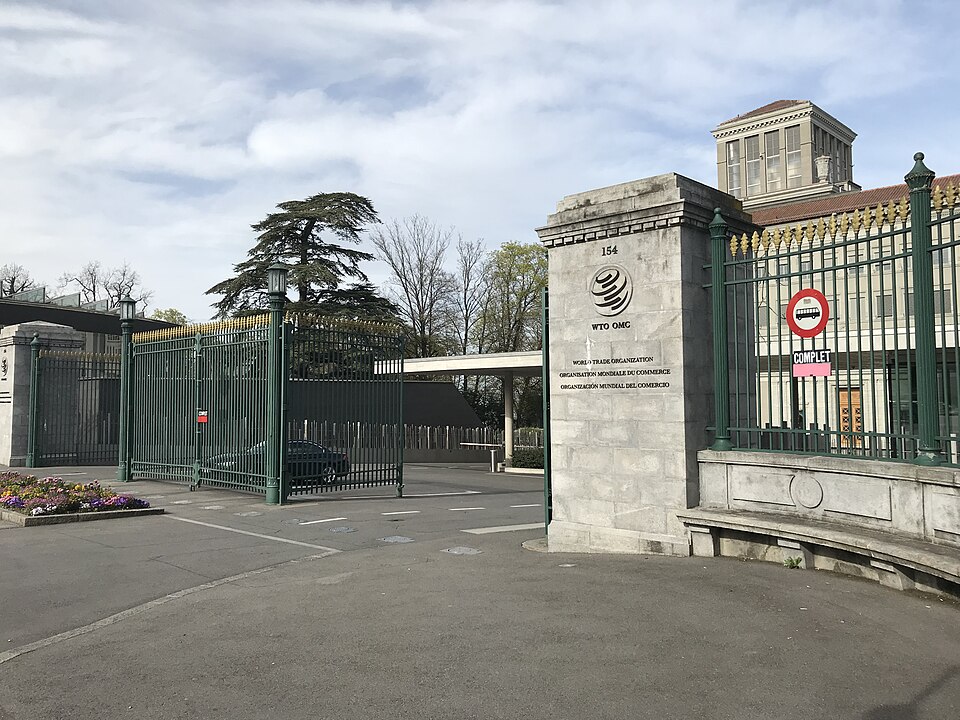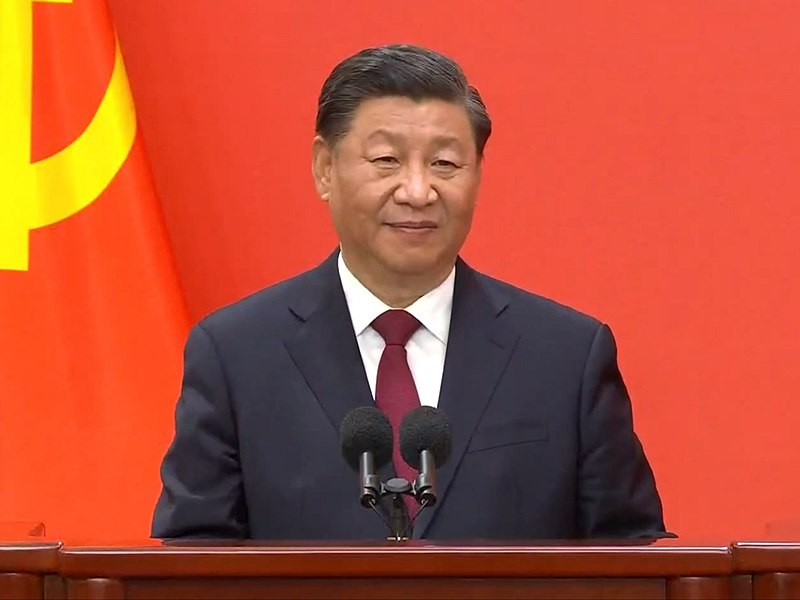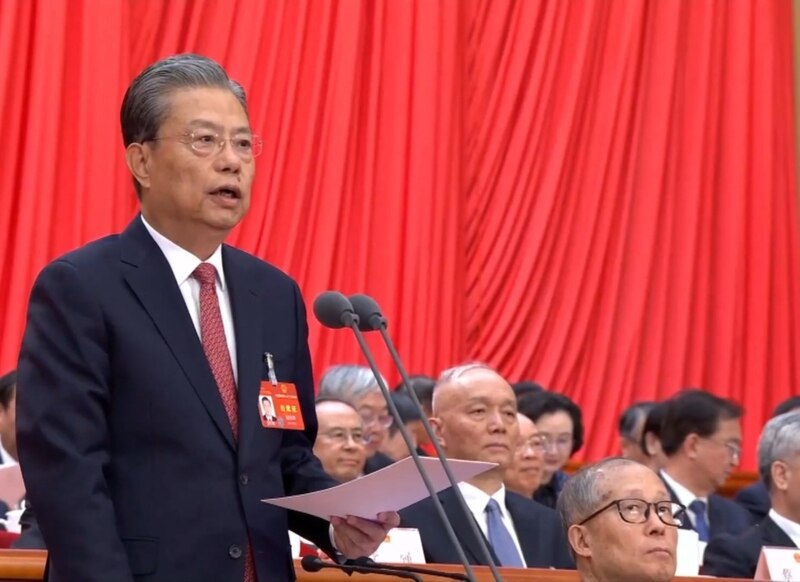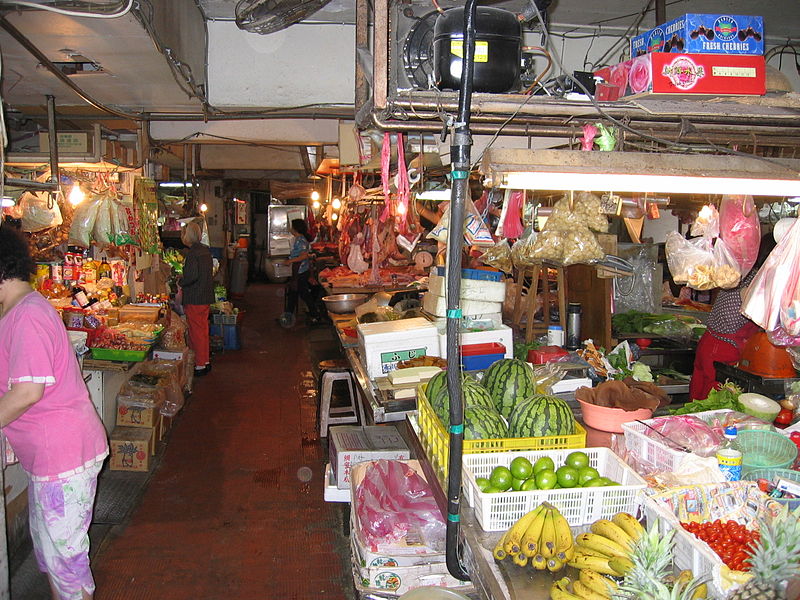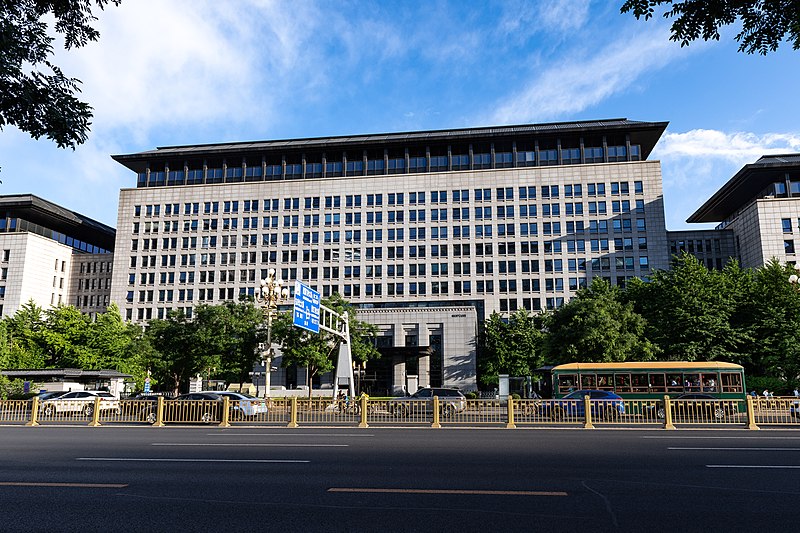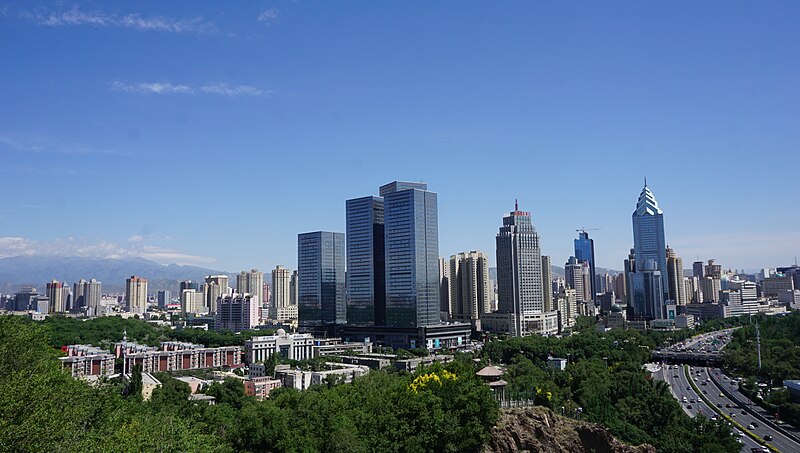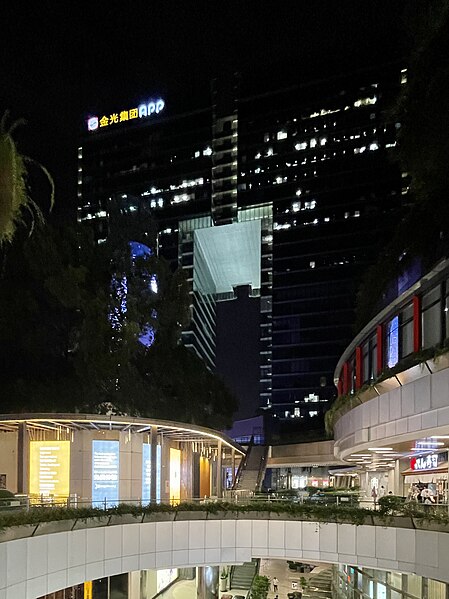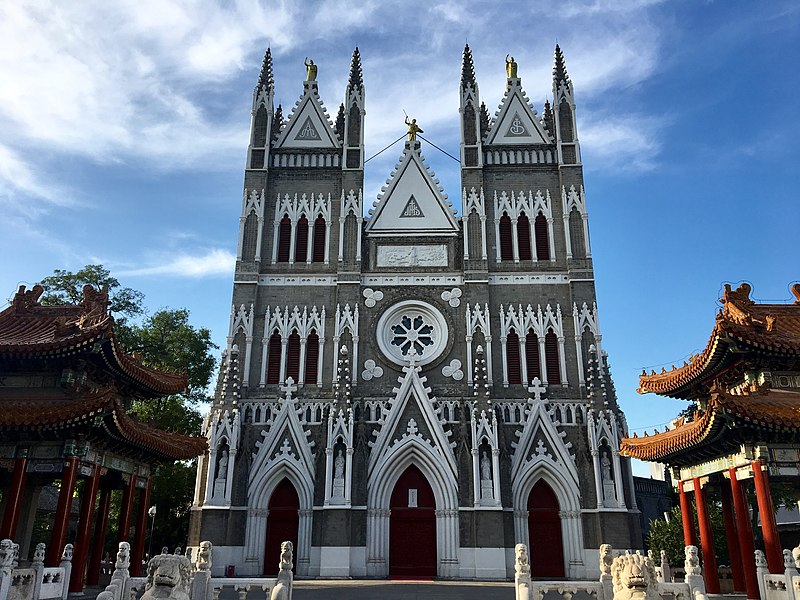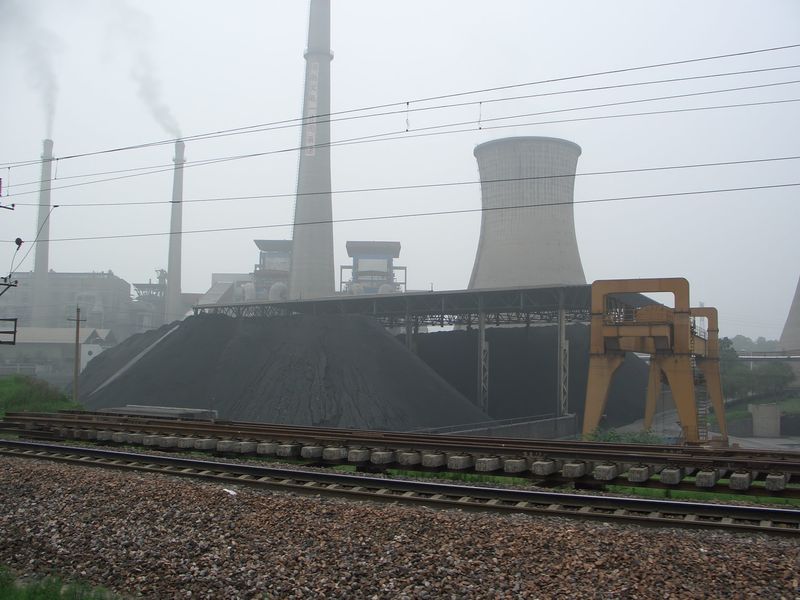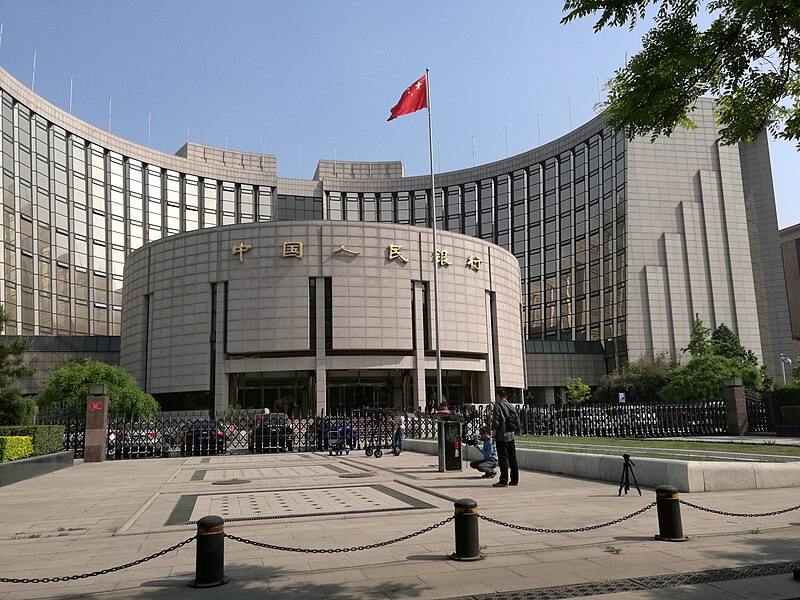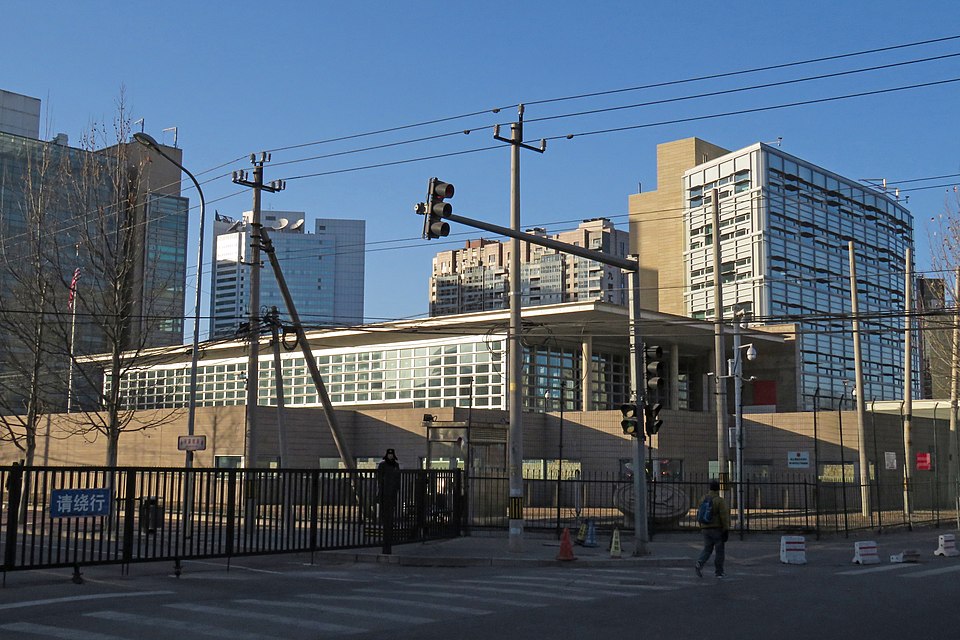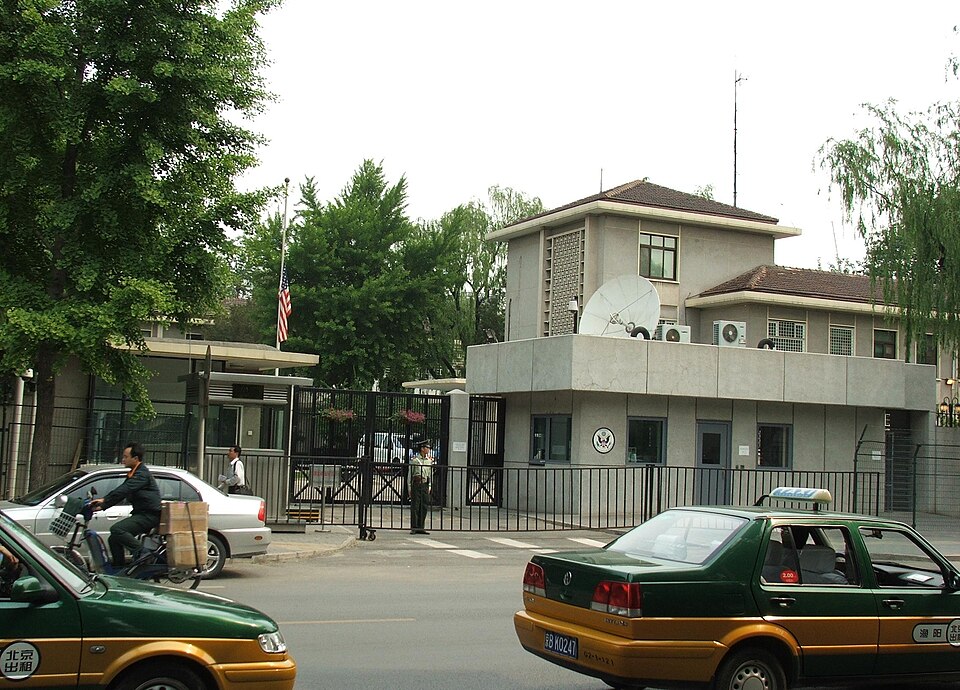
Syrian President Bashar al-Assad is scheduled to embark on an official visit to China on September 21, where he will partake in a Syrian-Chinese summit upon the invitation of Chinese
President Xi Jinping.
During this visit, President Assad will lead a prominent political and economic delegation for official discussions held in Beijing and Guangzhou, as reported by Syrian state media.
This journey marks President Assad's first official visit to Beijing since 2004.
Analysts anticipate the signing of several bilateral agreements during President Assad's visit, which aligns with China's broader strategy to solidify its role as a key player in West Asia.
Earlier this year, Beijing played a pivotal role in helping Syria regain international recognition, mediating the historic Iran-Saudi reconciliation that led to normalized relations between Gulf states and Damascus.
Following the Saudi-Iran reconciliation, Syria was also readmitted to the Arab League. China's Foreign Ministry spokesman, Wang Wenbin, hailed this development as evidence that "when the shadow of the US shrinks, the light of peace spreads."
In March, Chinese officials called on the US to cease its unlawful military presence in Syria and cease its exploitation of Syrian resources, emphasizing that the ongoing US presence has exacerbated the humanitarian crisis in Syria.
Kosai Abido, a Syrian political analyst and author, noted, "China has consistently defended Syria's territorial integrity over the years and has employed its veto power in the UN Security Council on numerous occasions to prevent interference in the Arab nation's internal affairs."
He also highlighted the potential for expanded cooperation with China in various sectors, including food, pharmaceuticals, and technology, given China's friendly status and substantial economic influence.
In the previous year, Chinese and Syrian officials signed a Memorandum of Understanding (MoU) welcoming Syria into the Belt and Road Initiative (BRI). The BRI is a massive infrastructure project designed to channel investment and infrastructure into countries in the Global South while significantly enhancing connectivity for trade, finance, and culture. Photo by Mehr News Agency, Wikimedia commons.
